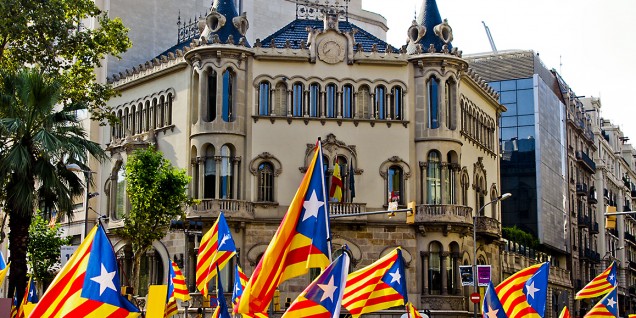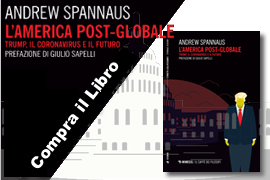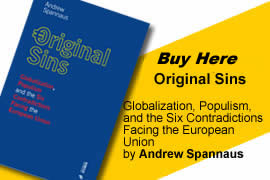– by Andrew Spannaus –
Political debate across Europe has been shaken by the clash between the pro-independence faction in the Spanish region of Catalonia, and the national institutions of Spain, raising thorny issues about autonomy, national sovereignty and the European Union.
The Catalans, who organized a referendum on independence that was formally prohibited and partially repressed by national authorities, are in fact just one of the regional groups around the continent which have consistently sought to lessen their ties with their respective national governments, with schemes that go from greater financial independence to outright secession.
Until just a few decades ago, such aspirations would have barely been considered realistic in the Western world, as nation-states have been the dominant political entity for centuries, with no intention to give up power over their territory or population.
Several factors have intervened to change the political environment since the beginning of the 1990s. First, there has been the promotion of the notion of ethnic self-determination by Western democracies. This has generally been used to urge political change in other areas of the world, often with geopolitical aims such as weakening strategic adversaries; there are numerous examples, from the former Soviet bloc and the Balkans, to East Timor and Tibet. Support for such breakaway movements in the name of democracy and human rights has opened the door for people in Western Europe to demand their own right to self-determination.
Second, is the strategy adopted by architects of the modern European Union to encourage acceptance of the abandonment of national sovereignty.
Read the article on Consortiumnews.com







October 24, 2017
English, Notizie, Politica